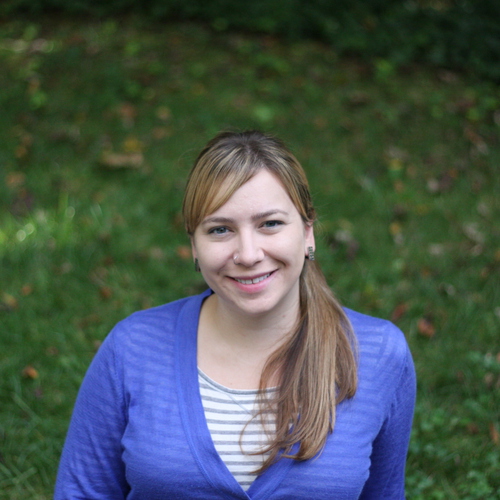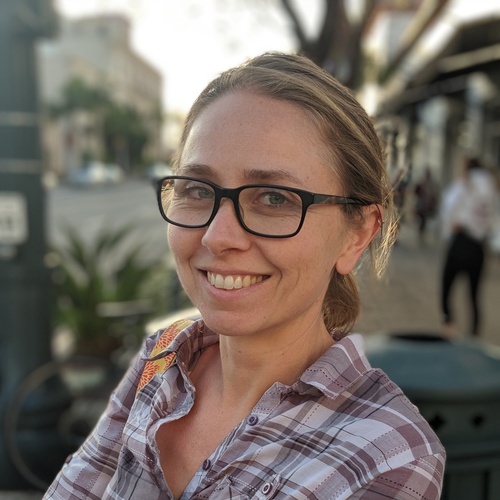What is Quarto? In this talk, in four acts, we will discuss how Quarto unifies and extends the R Markdown ecosystem. Through our work with NASA Openscapes, Duke University, and RStudio, we will share our experiences sharing, teaching, collaborating, and reimagining with Quarto. Full of demos with Quarto in RStudio and Jupyter and weaving together narrative and code, this talk will help you get the most out of Quarto regardless of your background with R Markdown, the computing language(s) you may use, and your tool of choice for authoring.

Mine Çetinkaya-Rundel is Professor of the Practice at Duke University and Developer Educator at RStudio. Mine’s work focuses on innovation in statistics and data science pedagogy, with an emphasis on computing, reproducible research, student-centered learning, and open-source education as well as pedagogical approaches for enhancing retention of women and under-represented minorities in STEM. Mine works on integrating computation into the undergraduate statistics curriculum, using reproducible research methodologies and analysis of real and complex datasets. Mine works on the OpenIntro project, whose mission is to make educational products that are free, transparent, and lower barriers to education. As part of this project she co-authored four open-source introductory statistics textbooks. She is also the creator and maintainer of datasciencebox.org and she teaches the popular Statistics with R MOOC on Coursera. Mine is a Fellow of the ASA and Elected Member of the ISI as well as the winner of the 2021 Robert V. Hogg Award for For Excellence in Teaching Introductory Statistics.

Julia Stewart Lowndes, PhD is founding director of Openscapes. She is a marine ecologist and champion for making science more open, efficient, inclusive, and kind. Working at the intersection of actionable environmental science, data science, and open science, she is a Mozilla Fellow, National Science Foundation Better Scientific Software Fellow, and Senior Fellow at the National Center for Ecological Analysis and Synthesis (NCEAS) at the University of California Santa Barbara. Julia earned her PhD from Stanford University in 2012 studying drivers and impacts of Humboldt squid in a changing climate. Recent open science/R contributions include pieces in Scientific American, Nature, 2019 useR! Conference, R for Excel Users, and the Tidy Data Illustrated Series.